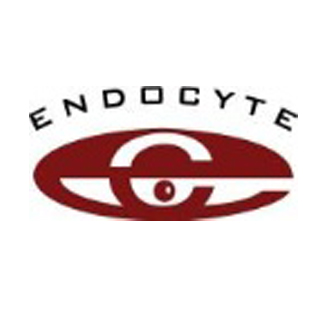
The patent, named ‘Vitamin Receptor Binding Drug Delivery Conjugates’, encompasses fresh conjugation linkages and anticancer agents, counting Endocyte’s EC145, which is apparently at present in development as a possible treatment for ovarian and non-small cell lung cancers.
The patent signifies years of research into Endocyte’s innovative technology that apparently relates effective anticancer agents to receptor binding moieties on the surface of cells. The technology uses a proprietary ‘linker’ technology that joins the anticancer agent to the suitable receptor binding moiety to create a conjugate. The moiety facilitates the conjugate to stay steady while in movement and be transported selectively into cancer cells.
The new ‘linker’ is apparently the reason why the anticancer agent may be free in its unbroken and fully active appearance in the cells. This patented union of aiming moiety-linker-drug conjugates illustrates a large amount of Endocyte conjugates, thereby counting its lead drug candidate, EC145, which uses the vitamin folate as the targeting moiety and which is at present in Phase 2 clinical trials.
Christopher Leamon, Ph.D., Endocyte’s vice president of research, commented, “This technology platform positions Endocyte to continue to create a new generation of powerful drugs in the years ahead that can target cancer and other diseased cells with high precision to significantly improve both safety and efficacy profiles of existing and new therapeutics. The Phase II data from our most advanced therapeutic, EC145, has been promising, and we have a strong pipeline of new compounds in preclinical and clinical development.â€
Endocyte’s technology portfolio also comprises of patented targeted imaging agents, as well as EC20 which is now in clinical-stage progress as a molecular diagnostic tool to detect patients suffering from folate receptor positive cancer. As a result, EC20 may be able to assist doctors to recognize those patients most expected to react to treatment with agents such as EC145, which is intended to aim folate receptors on cancer cells.
